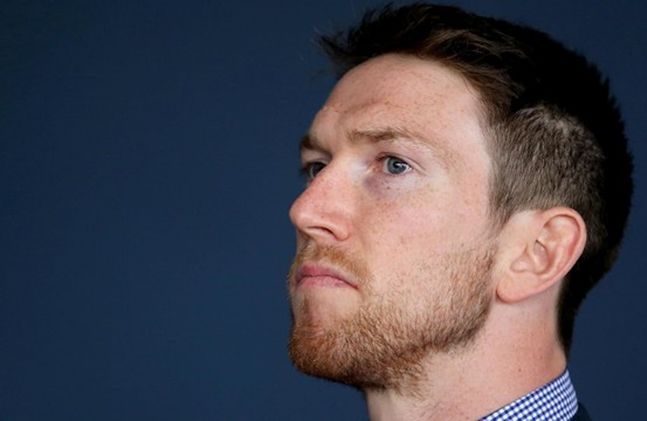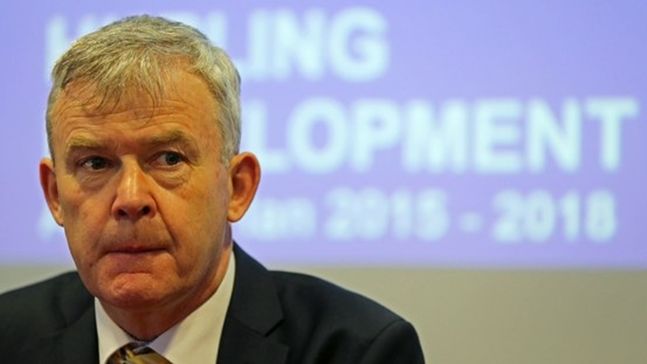

Share
29th March 2017
04:41pm BST

 It will surely be interesting what happens in 2018 but at least moving the All-Ireland Football Final forward by three weeks will hopefully clear up some room for club fixtures to take place.
Lost in all this, however, is the impact the changes will have on the All-Ireland Hurling Championship.
Hurling, of course, cannot be compared to football due to the lesser number of teams competing at the highest level of the sport.
The road to lifting the Liam McCarthy Cup is characterised by a significantly lesser number of championship matches when compared to football.
As reported by the Irish Daily Star, Hurling Development Committee chairman, Paudie O'Neill, reveals that the GAA are considering changes to the hurling championship as it is in danger of being overshadowed by even more high-quality football fixtures.
It will surely be interesting what happens in 2018 but at least moving the All-Ireland Football Final forward by three weeks will hopefully clear up some room for club fixtures to take place.
Lost in all this, however, is the impact the changes will have on the All-Ireland Hurling Championship.
Hurling, of course, cannot be compared to football due to the lesser number of teams competing at the highest level of the sport.
The road to lifting the Liam McCarthy Cup is characterised by a significantly lesser number of championship matches when compared to football.
As reported by the Irish Daily Star, Hurling Development Committee chairman, Paudie O'Neill, reveals that the GAA are considering changes to the hurling championship as it is in danger of being overshadowed by even more high-quality football fixtures.

“What has to happen now is that those changes [Super 8] are taken into account and it’s pretty obvious that there is a significant imbalance between the number of high profile games that will be occurring in football and hurling," O'Neill said.Whether the GAA propose a round-robin situation like is being implemented in football next year remains to be seen but O'Neill states that it's important not to just create more games for the sake of it.
“It wouldn’t be that difficult to respond to that by generating more hurling matches but the really important thing is that they are meaningful and competitive games. The hurling public, they have a good nose for these sort of things. “It’s not a case of generating more games for the sake of it, it’s about generating games that are competitive and that will be attractive.”This seems like an argument that will refuse to go away for some time but the impact on the hurling championship in 2018 as a result of the new football structures will undoubtedly prove crucial to whether this idea gets more traction.
Explore more on these topics: